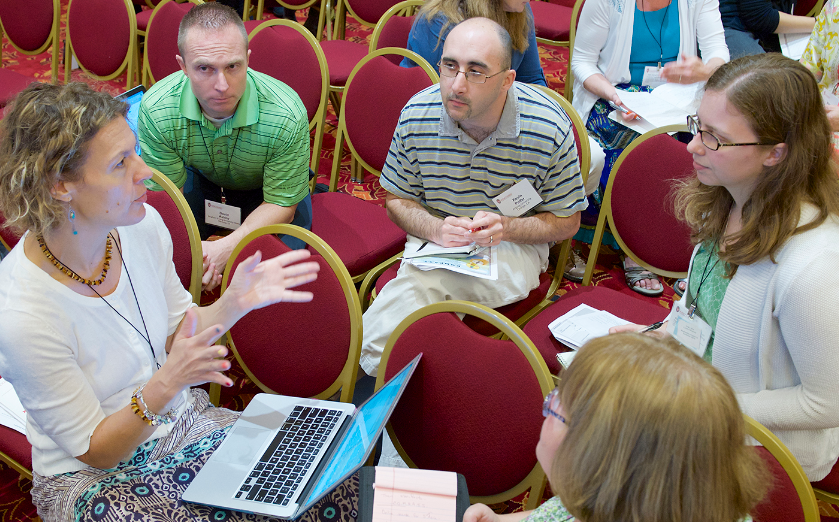
“One of the biggest challenges was relinquishing my persona as a mechanical engineer—to realize that it was separate from who I am.”
That’s how independent contractor Rob Lewis described the process of making a career change. He was a guest speaker at a recent workshop sponsored by the Adult Career and Special Student Services (ACSSS) department at University of Wisconsin-Madison, discussing his decision to transition from engineer to entrepreneur.
A career transition can be challenging and overwhelming, and one of the hardest parts is taking that first step. In a previous Career Corner column, my colleague Moira Kelley discussed how to deal with unhappiness at work, determining first if your dissatisfaction stems from your chosen career path, your current employer, your job responsibilities, or other life situation.
What happens once you’ve decided you’re in the wrong career, but aren’t sure what to do next? I’ve included my top three tips for making an effective career change.

1. Knowing yourself is important when making a career change.
This includes identifying your interests, skills and values. Consider what activities and tasks you enjoy and the skills that bring you the most satisfaction. What have you liked and disliked about your previous jobs? Many people say they want to find work that is meaningful; what does this mean for you? You may find it helpful to check out some career planning books from the library to help you answer these types of questions.
2. You can’t figure out your next career by sitting on the sofa.
Actively explore careers of interest to you. Utilize online resources such as ONET to get some basic information. But then get out and talk to people doing things that seem interesting to you; ask them how they got started, what their job is like, and what they like and dislike about their work.
3. Act on your hunches.
Don’t wait for perfect clarity before taking action. If you have a hunch or an idea, act on it: do an informational interview, job shadow, volunteer, take a part time job, offer to help with a project, or talk to five more people involved in the career. The sooner you get out there and start learning, the sooner you’ll find a more fulfilling career.
Even when you do everything right, the process can still be frustrating and unclear. One way to combat this is to seek support. Lisa Aarli, an advisor at UW-Madison who spent 10 years working as a high school English teacher, says contacting others who had similar experiences helped her make a smooth transition between careers.
“Sometimes reaching out to others can be a difficult thing to do, especially if you’re feeling vulnerable about making a career change,” Aarli says. “But, people were the most valuable resource I found.”
Sybil Pressprich is a career and educational counselor for the Division of Continuing Studies at UW-Madison. Pressprich helps adults with career transitions and continuing education through individual sessions and workshops. Contact her at sybil.pressprich@wisc.edu.
This article originally appeared in the Wisconsin State Journal on March 13, 2016.